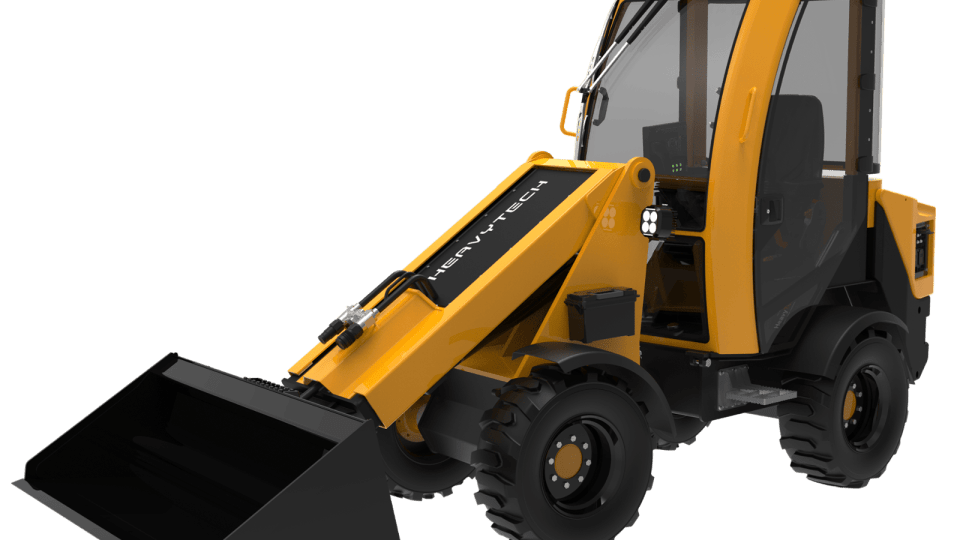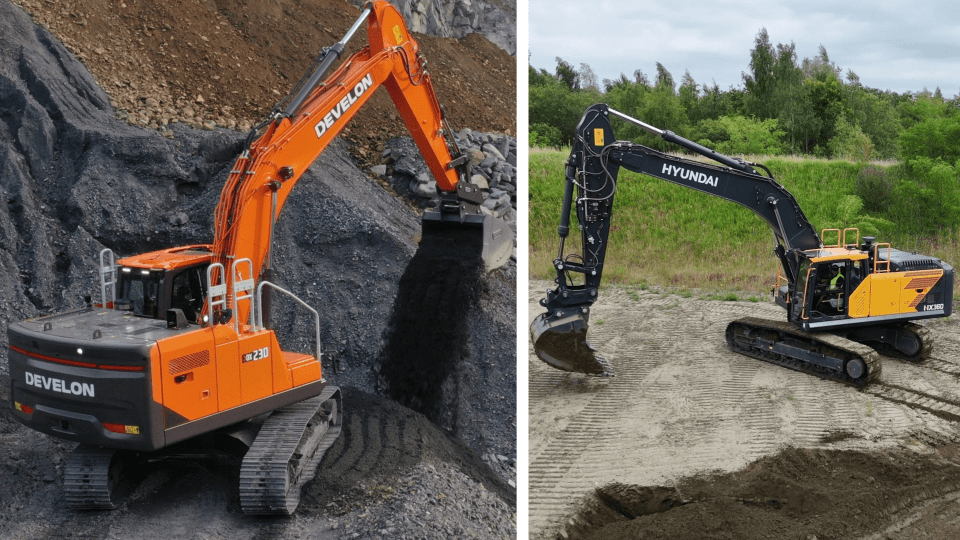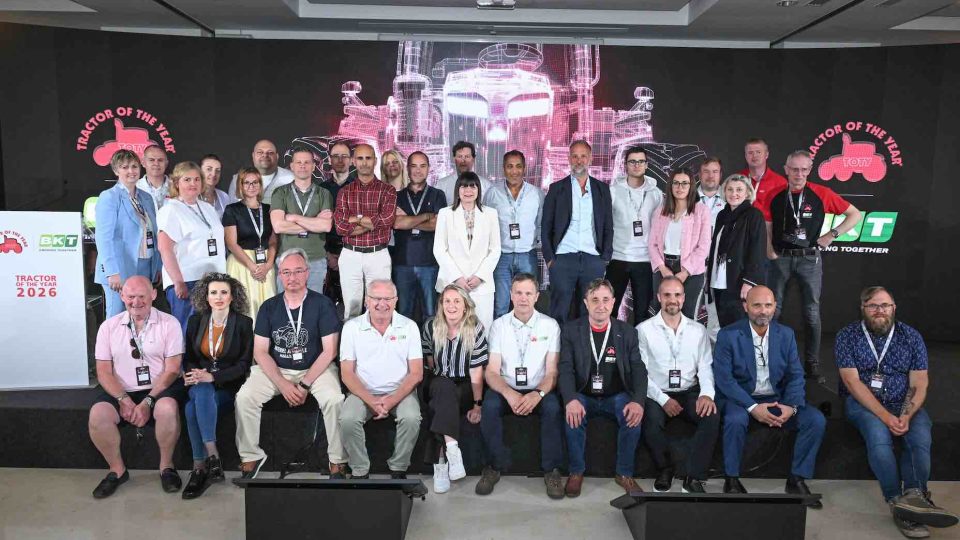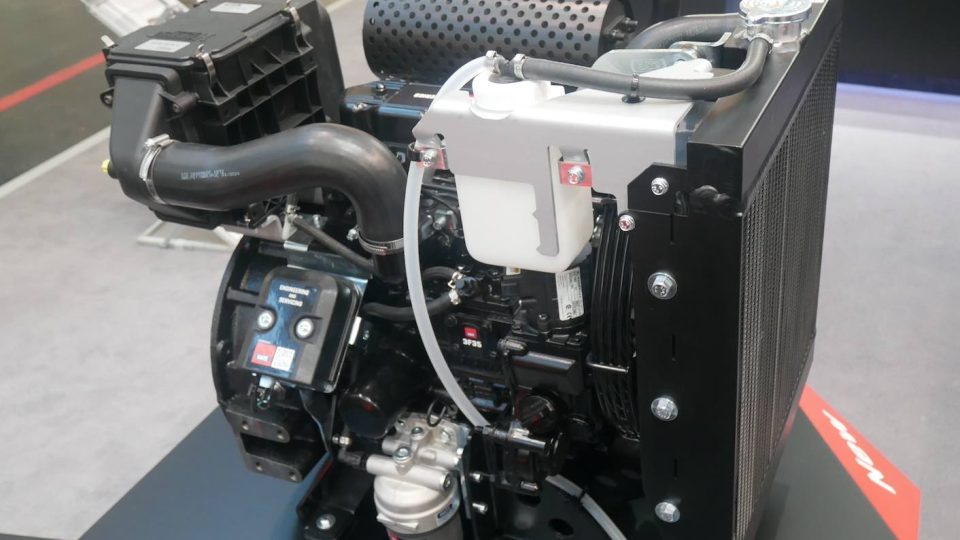Deutz joins PoWer project to develop hydrogen engines for off-highway applications
“At Deutz, we have already developed and unveiled a production-ready hydrogen engine – the TCG 7.8 H2. So we are delighted to be able to contribute our expertise to the PoWer project and work with strong partners in driving forward the development of hydrogen engines for the off-highway sector,” says Paul Grzeschik, Head of Design and Preliminary Development at Deutz.
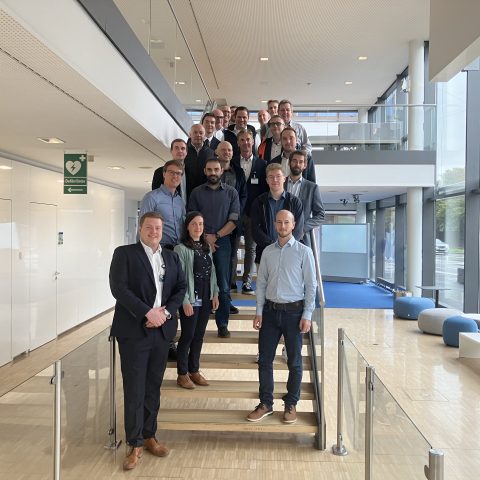
As the transport sector looks to decarbonize, attention is increasingly shifting to heavy commercial vehicles and non-road mobile machinery (NRMM). As part of these efforts, vehicle and engine manufacturers, suppliers, and researchers have joined forces in the PoWer project, which aims to fully explore how hydrogen drives can be used across the full spectrum of applications in construction and agriculture. The project is being led by Mahle, with partners including Deutz, Purem, Claas, Liebherr, Nagel, Umicore, NGK and Castrol, as well as Karlsruhe Institute of Technology (KIT), Braunschweig University of Technology, and the German Aerospace Centre (DLR). The project is set to run for three years and is being backed by €5.1 millions of funding from Germany’s Federal Ministry for Economic Affairs and Climate Protection. The product standards authority TÜV Rheinland is also providing support.
Read also: Deutz towards volume production of hydrogen engines. With Mahle
The inherent properties of hydrogen engines – such as efficiency, robustness, and low levels of untreated emissions – mean that they offer numerous benefits that make them particularly suitable for applications in construction and agriculture. “At Deutz, we have already developed and unveiled a production-ready hydrogen engine – the TCG 7.8 H2. So we are delighted to be able to contribute our expertise to this joint project and work with strong partners in driving forward the development of hydrogen engines for the off-highway sector,” says Paul Grzeschik, Head of Design and Preliminary Development at Deutz. “Each project participant, whether from research or industry, is a proven expert in their field. The intensive collaboration will allow us to utilize the potential for innovation for the transport sector and to significantly improve the technologies.”
The partners will use vehicle concept studies and analysis of fleet and infrastructure systems to demonstrate and evaluate off-highway applications. They will also develop exhaust gas aftertreatment concepts and test them comprehensively on the test rig. By investigating how hydrogen affects materials as well as friction and wear characteristics, and by validating these properties in a running engine, all of the building blocks will be put in place to meet the stringent requirements in terms of engine robustness, taking into account future NRMM emission standards.






